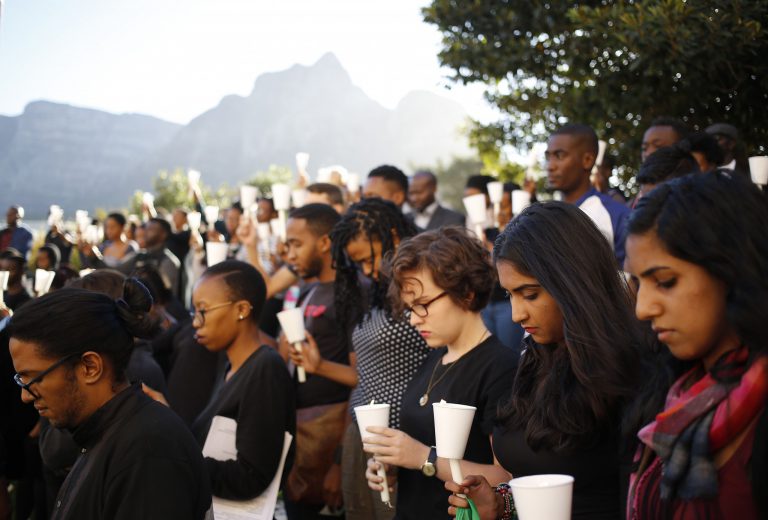
The anti-foreigner violence that erupted in South Africa earlier this month has some international students concerned about their safety in their host country.
The attacks in South Africa, which resulted in the death of seven people, were roundly condemned by local universities and government officials, including the Ministry of Education, which has publicly stated its support for international students. The violence was primarily directed at people from other African countries, and has left South Africa’s many international students feeling rattled.
South Africa’s public universities alone host more than 70,000 international students, with tens of thousands more in private universities and secondary schools, as well as hundreds of foreign academics in universities and research institutions.
Students have said they do not feel unsafe on campus, but rather in their daily lives outside of school.
On Facebook, Zimbabwean student Elvis Munatswa described how he was attacked in a taxi on his way home earlier this month. When his attackers discovered he was from Zimbabwe, they said that “I was a dog and that I deserved to die,” according to Munatswa. His injuries were so severe that he spent the night in the hospital.
A 2014 study of almost 1,700 international students in South Africa found that many of them counted xenophobia and discrimination as among the major challenges they faced in their host country. Only 126 of the students surveyed felt they were treated better outside of school because of being foreign, while the rest were evenly divided between being treated the same, or worse.
“It seems an average South African hates a foreigner,” one student said.
“There is a general feeling in South Africa that foreigners come to take up their resources,” said another.
The students and academics that report feeling most threatened are those coming from other African or Asian countries. According to experts, many people see these groups of foreigners as economic competitors, despite research that shows that foreign students benefit their host economies.
South Africa, of course, is hardly the only country to see xenophobia and violence directed toward foreigners. Over the last decade, increased immigration and debates over cultural integration have led to the rise of ultra right-wing, anti-immigrant groups and political parties in European countries from the UK to Hungary – and with them, an increase in racist and xenophobic violence.
Last year, in two separate incidents in Greek cities, a Pakistani immigrant and Iranian man were beaten so severely that both required hospitalization. Greece has also seen growing popularity for the Nazi-influenced Golden Dawn party, which ran parliamentary campaigns under the slogan “So we can rid this land of filth.”
A 2012 report by the EU Agency for Fundamental Rights found that ethnic minorities faced high levels of hate crimes in European countries. According to the survey, which collected data from across the 27 EU nations in 2008, 18 percent of sub-Saharan Africans and around the same number of Roma people were subject to assault, threats or severe harassment. Those numbers have likely increased with the growth of right-wing movements and increased discrimination against immigrants and foreign nationals following the economic crisis.
Like this? You’ll love these…
Should universities cancel events due to threats?
Corruption and malpractice in Australia’s international student industry







